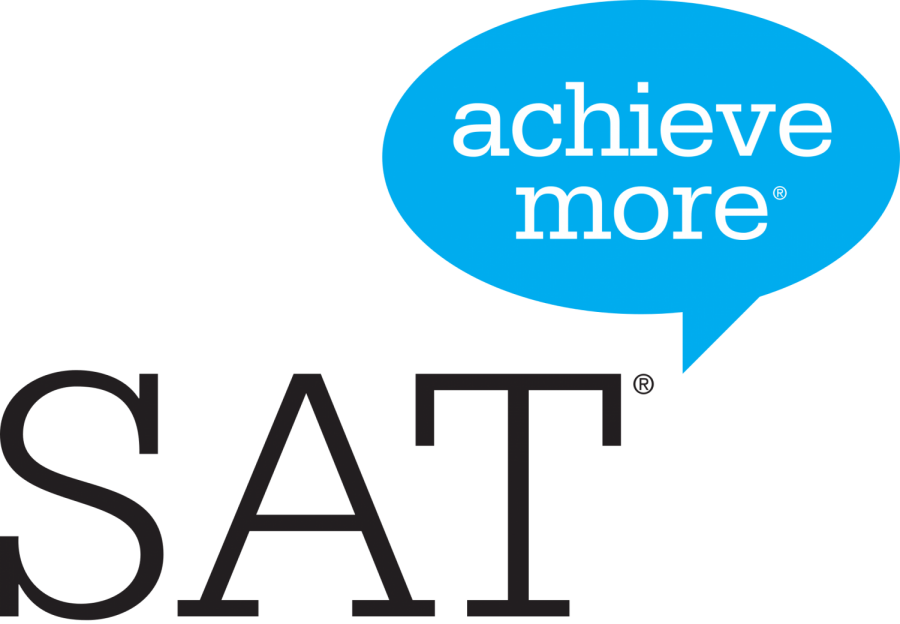The SAT and ACT are a huge deal for students. Besides GPA, SAT and ACT scores are often the first thing colleges look at when reviewing applicants.
It is important to many students that they do well on the SAT or ACT. Students spend months studying, glued to their prep books and spending countless hours rehearsing with tutors.
Hard work is considered to be a crucial component to getting a good SAT score, especially by senior Justin Zimmer.
“I believe work ethic is highly important. If a student puts their mind to it, they should be able to succeed,” Zimmer said.
Yet for some people, this level of rigorous preparation is not achievable. Some lack the motivation, or simply don’t care enough – but a more pressing issue is that some people cannot afford to spend money in this fashion.
There has been a debate that the SAT and ACT are designed to support rich students, while underprivileged students are left in the dust simply due to their lack of wealth, unable to afford textbooks, or prep books
This debate has reached Walter Johnson and students have started to weigh in. Senior Thomas Zinngrebe believes the argument that SAT and ACT scores are based on wealth is plausible.
“Some people don’t have as much money as others, so they can’t prepare as well. They won’t know strategies, tips and other really helpful things,” Zinngrebe said.
As always, there are exceptions. Sonia Sotomayor, now a Supreme Court Justice, grew up in the Bronx and survived on a very modest income. Despite this, she defied the modern perception that she would be at a disadvantage, and got a 35 out of 36 on her ACT.
People such as Sotomayor have fueled the other side of the debate. Senior Jacob Daley is one WJ student who feels that the tests are not just based off of wealth.
“I don’t think wealth has anything to do with it,” Daley said. “Some people are more hardworking or are naturally smart, and they get good scores. Those aren’t skills related to income.”



![Sophomore Mason Lee encompasses the persona of his character, Enjolras, during a rehearsal of Act One. I think [rehearsals are] going well and were very on track [with the squedule]... which is good, Student Assistant Director senior Neena Tavik, who is also playing Eponine, said. (Courtesy Sasha Rotton)](https://www.wjpitch.com/wp-content/uploads/2024/03/24466917-801C-45FE-A882-D818DABBDCB8-600x451.jpg)

![Since the collapse of the Baltimore Bridge in late March, federal law enforcement has began investigating what preceded the event. In a statement to CBS News, a spokesperson for the FBI said, [The] FBI is present aboard the cargo ship Dali conducting court authorized law enforcement activity. There is no other public information available and we will have no further comment. (Courtesy Isaac Smay via Flickr)](https://www.wjpitch.com/wp-content/uploads/2024/04/53619368036_399400003a_b-600x400.jpg)












